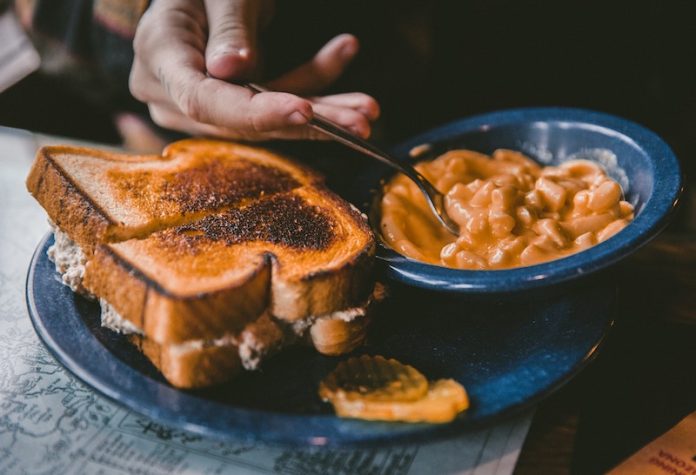
We’ve all felt it.
That undeniable urge to munch on more food when the temperature drops. Why do we often crave more comfort foods during winter?
The answer lies deep within our brain.
A group of researchers from Scripps Research has dived deep into this mystery, revealing some fascinating insights.
The Body’s Natural Response to Cold
When it’s cold outside, our body works overtime to keep us warm. Imagine it like a car engine running in the cold – it needs more fuel to keep going.
Similarly, our body “burns” more energy to maintain its warmth. As our body works harder, it sends signals that it needs more fuel, and in our case, that fuel is food. So, the colder it gets, the more we want to eat.
But there’s more to the story. The researchers were curious about what’s going on inside our brain during this process. What they discovered was like finding a hidden switch that turns on our hunger when it gets cold.
The Hidden Switch in Our Brain
Inside our brain, there’s an area called the thalamus. Think of it like a control center. Within this control center, the scientists found a specific group of nerve cells, or neurons, that spring into action when it’s cold.
The researchers realized that these particular neurons got busier when the mice they were studying felt cold and hungry.
It was like connecting the dots. Cold weather kicks in, these neurons get busy, and suddenly, we feel hungry. But there’s a twist. It’s not just about being cold.
These neurons seem to be more like a thermostat, checking if the body has enough energy stored. When food was scarce and the weather was cold, these nerve cells got even busier.
To make sure they were on the right track, the scientists tried an experiment. They gently increased the activity of these neurons and noticed that the mice started looking for food.
On the other hand, when they turned down the activity of these neurons, the mice weren’t that interested in food.
But these changes only happened when it was cold, suggesting that our body and brain are working together in a coordinated response to cold weather.
What Does This Mean for Us?
For most of history, food wasn’t as easily available as it is now. There were no supermarkets or food delivery apps. People had to hunt, gather, or farm their food.
During colder months, food could become scarce. So, our ancestors’ bodies adapted to this by having a built-in system to make them eat more when it’s cold.
This way, they could store energy for times when food was hard to find.
However, in our modern world, where food is usually just a fridge or a phone call away, this built-in system can lead to overeating.
It’s like our body hasn’t caught up with the times and is still preparing for a food shortage that might not come.
The discovery by the Scripps Research team could be a game-changer.
If scientists can find a way to control this “hunger switch” in our brain, they might be able to help people manage their eating habits better, especially during winter.
Also, if you’ve ever tried cold showers or cold water dips for weight loss, this research could explain why it doesn’t always work as well as we’d like.
Sure, our body burns more energy in the cold, but then it also makes us hungrier. So, any benefit from the extra energy we burn might be canceled out by the extra food we eat.
Conclusion
The next time you feel a sudden urge to eat more when it’s cold outside, you can blame those busy neurons in your brain. They’re just doing their job, making sure you stay warm and have enough energy.
But knowing this, we can also be more mindful of our eating habits in colder months.
And who knows, in the future, we might have more control over this hidden switch in our brain, thanks to the groundbreaking work of scientists like those at Scripps Research.
If you care about health, please read studies about how Mediterranean diet could protect your brain health, and the best time to take vitamins to prevent heart disease.
For more information about health, please see recent studies that olive oil may help you live longer, and vitamin D could help lower the risk of autoimmune diseases.
The study was published in Nature.
Follow us on Twitter for more articles about this topic.
Copyright © 2023 Knowridge Science Report. All rights reserved.



